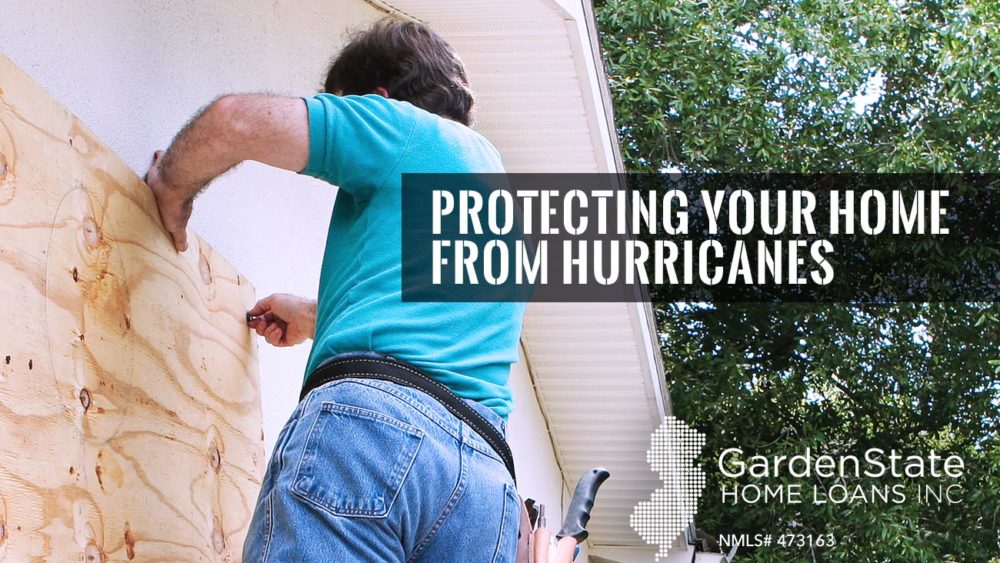Protecting Your Home From Hurricanes

The Atlantic hurricane season began on June 1st. While this season typically lasts six months, most hurricane activity occurs during late summer months. Hurricanes tend to increase in August, leading all the way through mid-late October.
According to National Oceanic and Atmospheric Administration (NOAA), the 2017 Atlantic hurricane season is likely to be above or near average.
Protect your home form any possible damage. Follow these steps to prepare your home for hurricane season:
Secure Windows and Doors
During certain circumstances, storm shutters are the best protection for windows and doors. Storm shutters are especially useful in highly active hurricane areas such as Florida. Alternatively, using plywood is also an option to cover the windows, however do not use plywood on doorways exceeding 4ft x 8ft. Use residential or stainless steel clips to secure plywood as they will combat winds up to 150mph.
Furthermore, dead bolting provides extra protection for windows and doors. Reinforce sliding glass doors and replace the glass with high impact glass.
Secure Your Garage Door
While many consider the roof as the most vulnerable, garage doors are actually the most sensitive part of your home. Once garage doors are gone, your home is likely to be destroyed. Similar to carbonated soda, once the pressure inside the home exceeds a certain point, garage doors will pop off.
Created by Secure Door, an aluminum vertical bracing system is the best option to protect your garage doors against 180mph winds.
Hurricane Clips for Your Roof
Use hurricane clips to ensure that the roof is bolted to your house. Varying based on where you live, hurricane clips uplift up to 400 lbs to 1500 lbs. These clips connect the top plate to the truss and rafters, while increasing the strength of the connection. Most connectors are retrofitted to be placed in attics rather than outside.
Clean Out Your Gutters
Before a storm hits, clean out rain gutters. Blockage may not only spill of the sides however, any blockage in rain gutters could seep in walls, resulting in possible water damage.
Ensure Power: Use a Battery Backup System
During hurricanes, the power is likely to go out. If you do not own a generator, consider a battery backup system. If water enters the home, it is imperative to keep the water pump functioning. Having a battery backup system ensures continual water flushing during a blackout.
Avoid Damages by Trimming Trees
Cut off any dead spots on trees. Dead spots are the weakest point on a tree and are first to be effected by strong winds, causing severe damage to neighboring homes.
Furthermore, trimming large branches is also a way to protect your home during hurricane season. Trees are often the highest claims after a storm, which may result in possible high damage expenses. Be proactive, and remove any overhanging branches.
Hold a Flood Insurance Policy
Call your insurance company to review your home coverage. Some hurricane insurances don’t cover expenses such as water damage. Adding additional insurance is a smart idea especially during hurricane season.
Take photos of your furniture prior to the storm. Some insurances may cover the cost of furniture despite any damage after a hurricane. Protect your important documents by putting them a safe place, backing them up, or making copies.


Comments are closed.